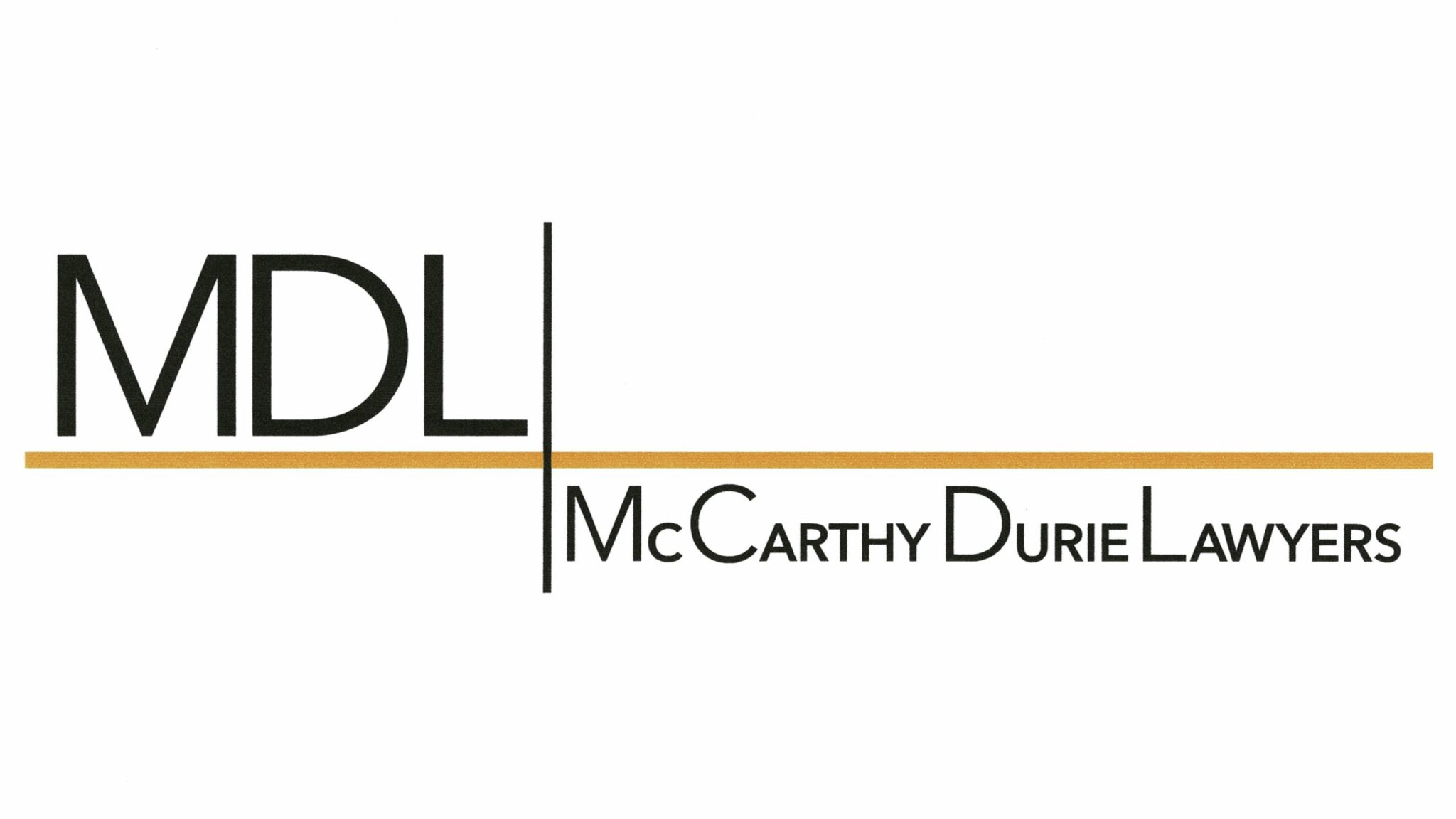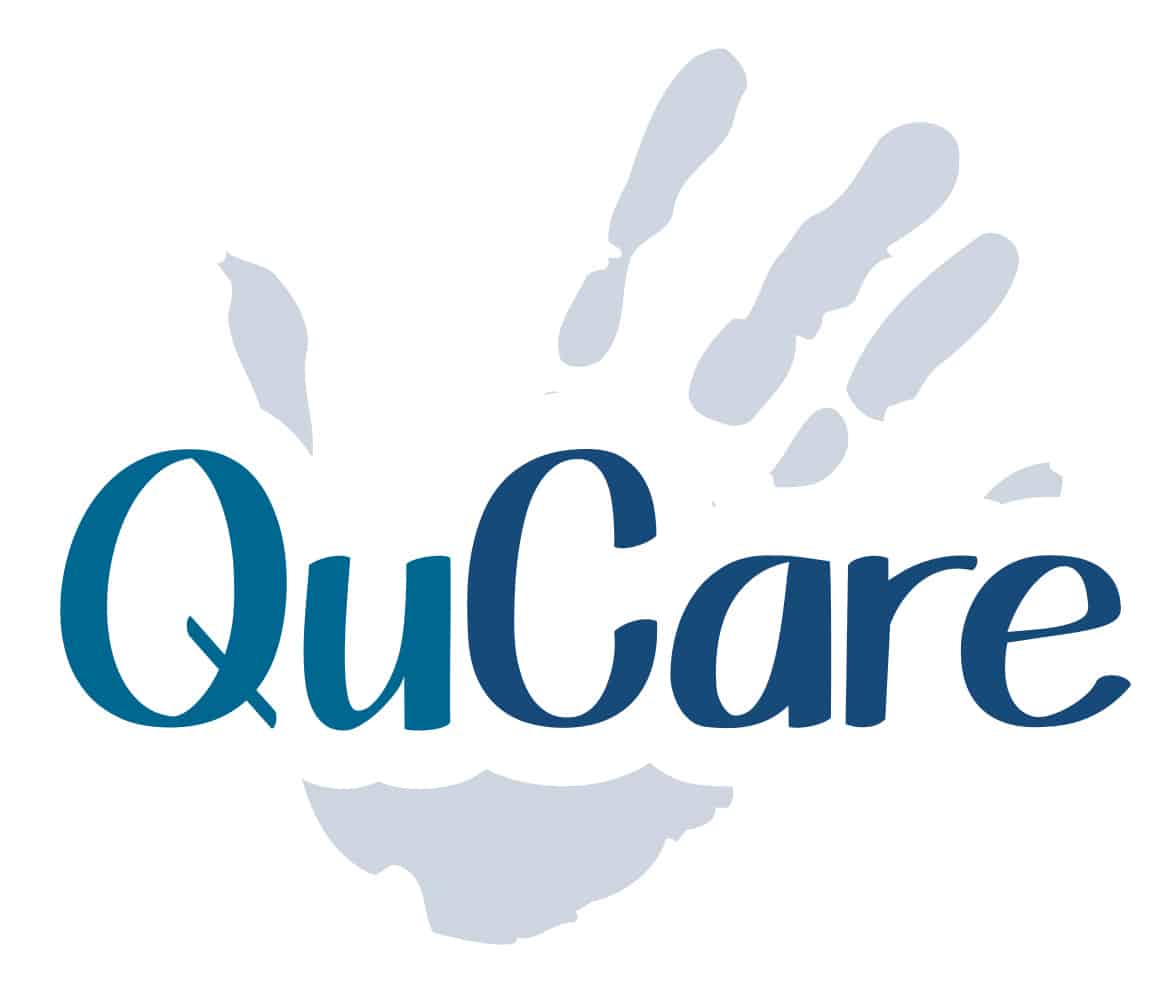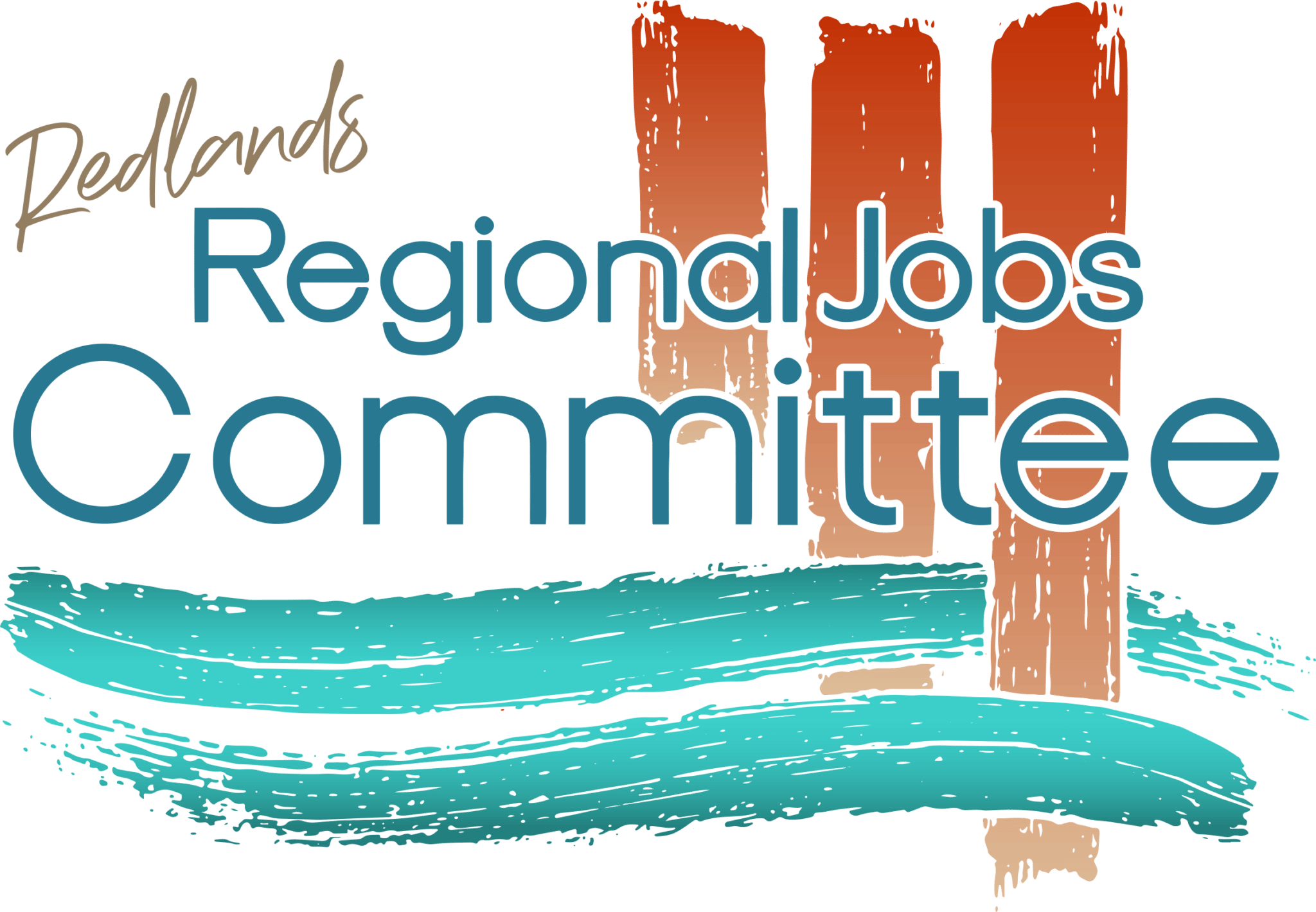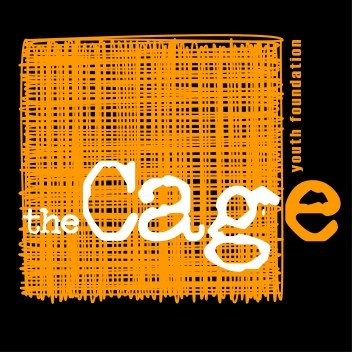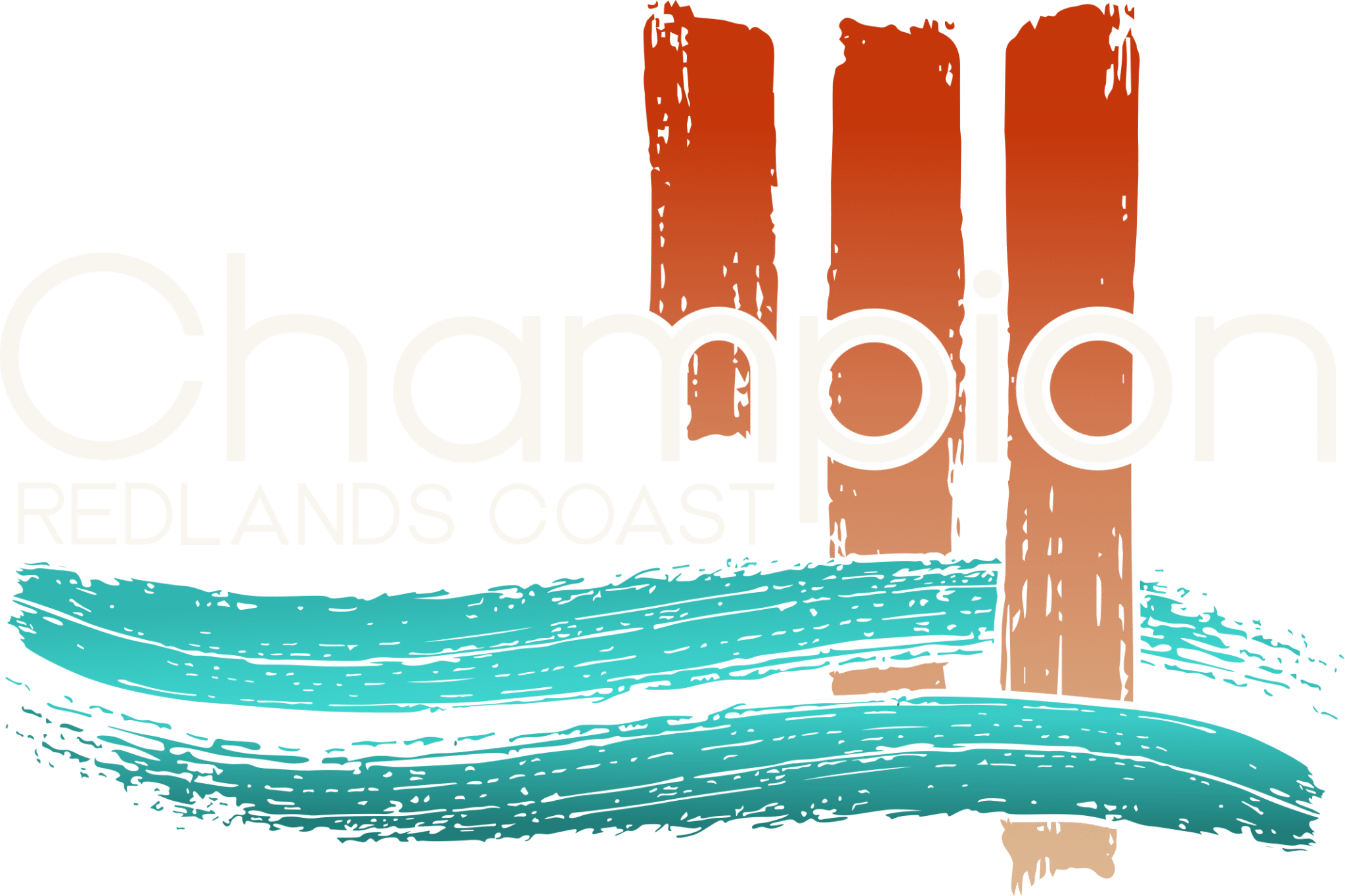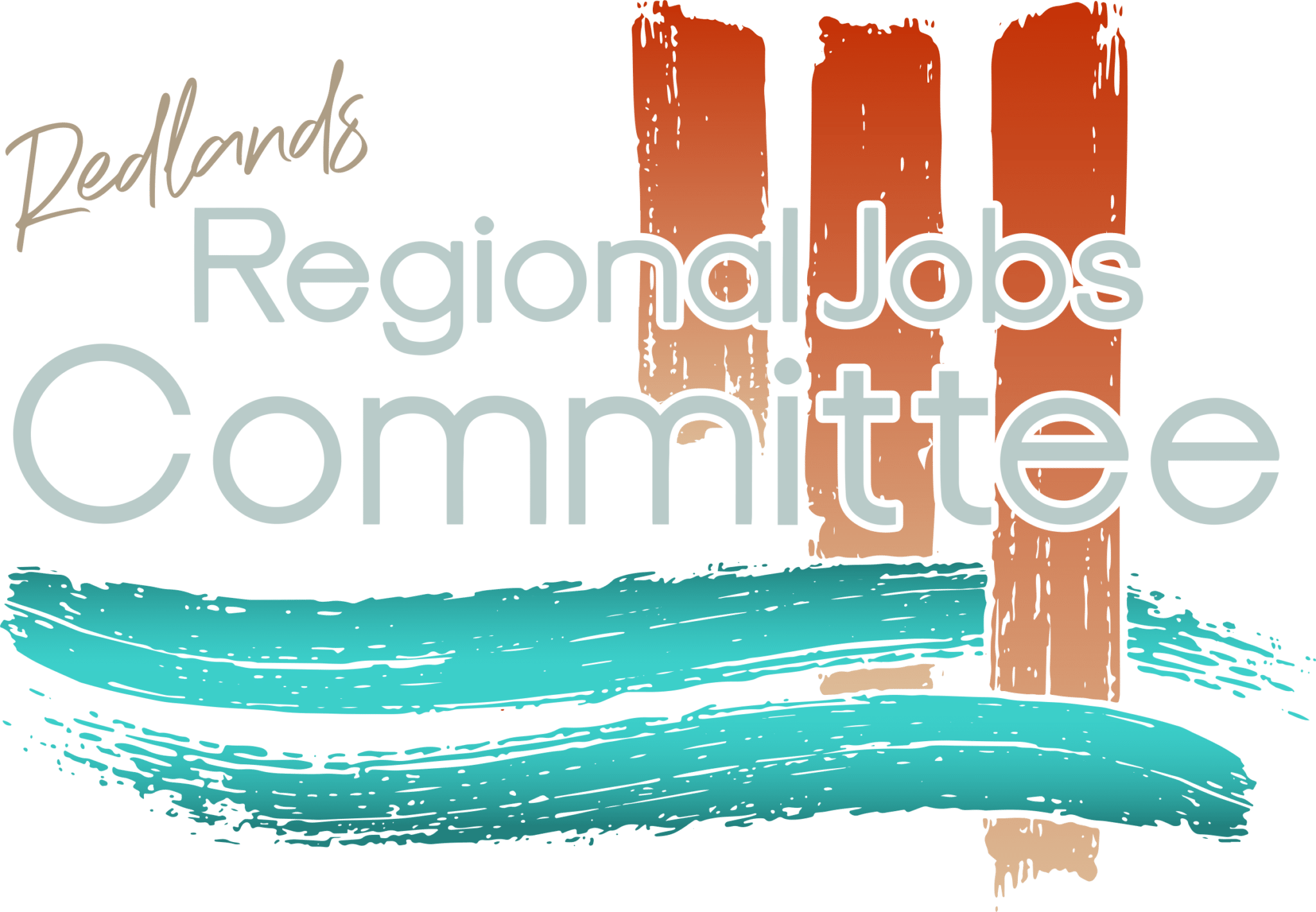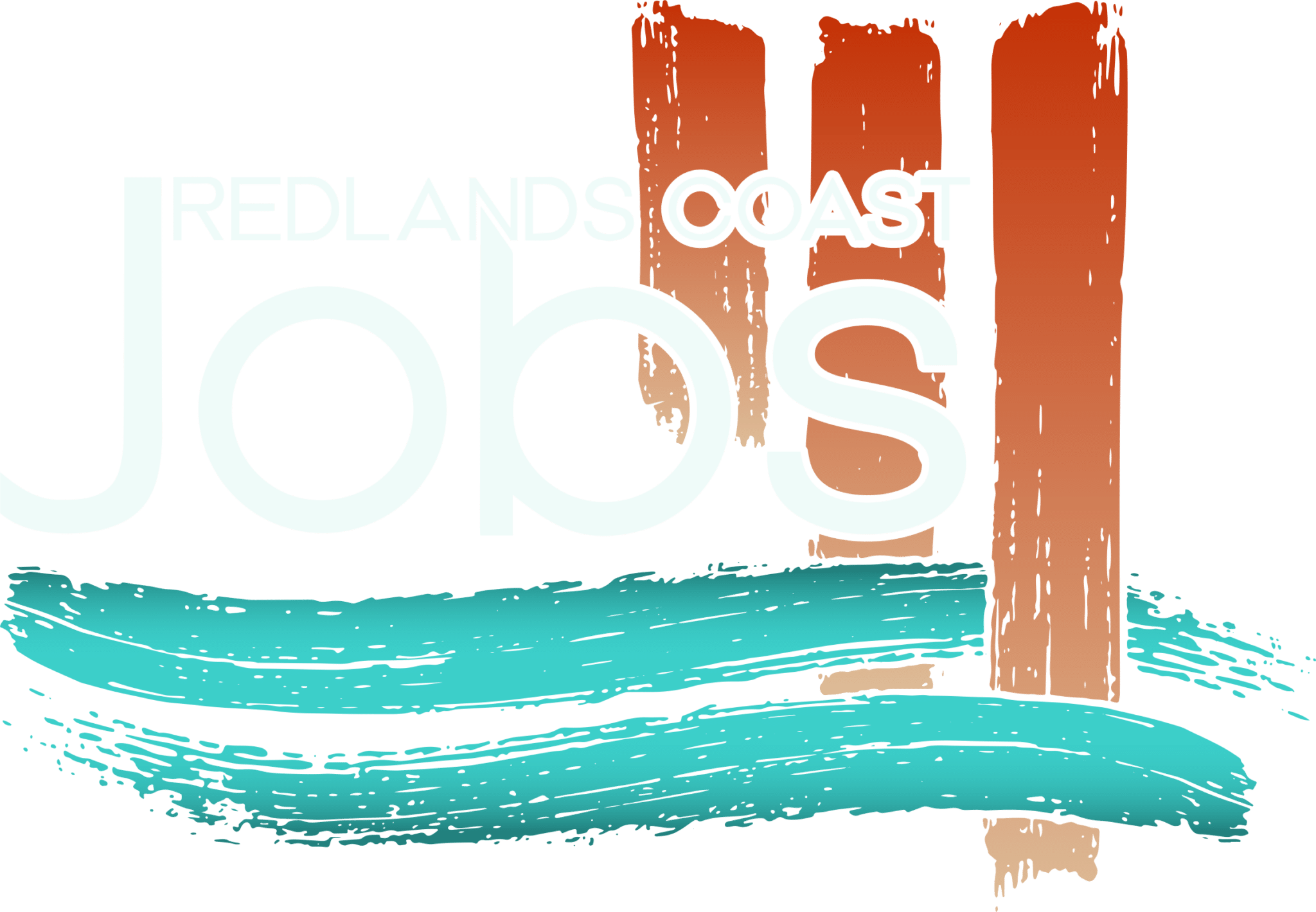The National Green Brands Forum on 17 June 2010 conducted by the Three Pillars Network looked at the green purchasing decisions of consumers, the value of carbon label schemes, and strategies to grow a sustainable brand successfully. Maria Anderson (Sustainable Marketing) attended the forum and has put together the following key highlights.
True sustainability involves embedding sustainability into your core business (Adam Werbach, Saatchi & Saatchi). It involves a shift to life cycle thinking – considering the impact of your business from the creation of raw materials, manufacture, distribution, to consumer use and disposal. Sustainable brands need to have a big goal that is actionable by every employee, is core to your business, solves a global human challenge, is achievable in 5 to 15 years and is inspirational. Using false green claims can attract unwanted consumer scepticism and attention from government watchdogs. For example, BP used the tagline ‘beyond petroleum’ while only investing 8% in sustainable energy production.
Sustainability is now mainstream, consumers need help to activate their green intent into behaviour and they don’t trust environmental claims (Ross Wyatt, Net Balance). Findings from the new AFGC Green Shopper Survey (June 2010) revealed that 84% of shoppers interviewed were concerned about the impact of their purchasing decisions. 93% think a retailer’s effort to reduce their environmental impact is important.
Companies are using social cause marketing and crowd sourcing to build relationships with customers and the community via social media (Alana Stocks, Circul8). Social media is a powerful way to start a conversation, be a good listener and empower your customers to be ambassadors for your brand. The Pepsi Refresh Project is giving away millions in grants to fund ideas generated through crowd sourcing. Taking $20M from their Superbowl advertising budget, Pepsi achieved more brand credibility than the ten 30 second slots of advertising would have produced.
The new voluntary National Carbon Offset Standard will provide a benchmark for businesses to assess carbon neutrality or offsets (David Walker, Climate Change and Energy Efficiency). Green marketing is becoming more common and green claims must be accurate and able to be substantiated (Patrick Crouche, ACCC).
Engaging your employees is the most important way to introduce sustainability into your business (Ben Peacock, Republic of Everyone). The Fun Theory is a series of Youtubes that aims to change people’s behaviour by making it fun.
Sustainability is a journey not a destination and we should celebrate the steps along the way. Read the full article or access the research and other material discussed in the article.
Maria Anderson is a certified practising marketer with the Australian Marketing Institute and is the founding director of Sustainable Marketing.
Call Maria Anderson at Sustainable Marketing on 07 3821 3939 or 0402 095 699 to discuss high performance strategies that can grow your business and optimise your marketing resources.
Winner: 2009 Best Emerging Business, Redlands Coast Chamber of Commerce’s 18th Annual Business Achievement Award
Finalist: Environmental Sustainability in Business and Professional Services.



